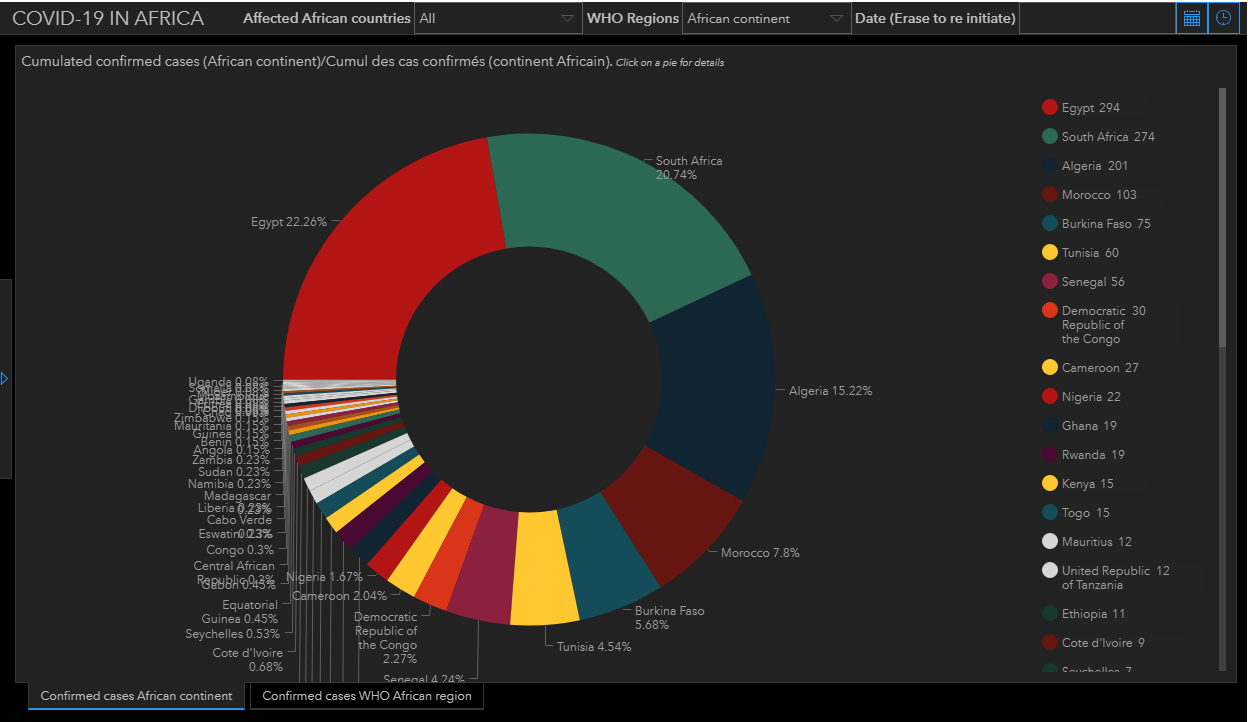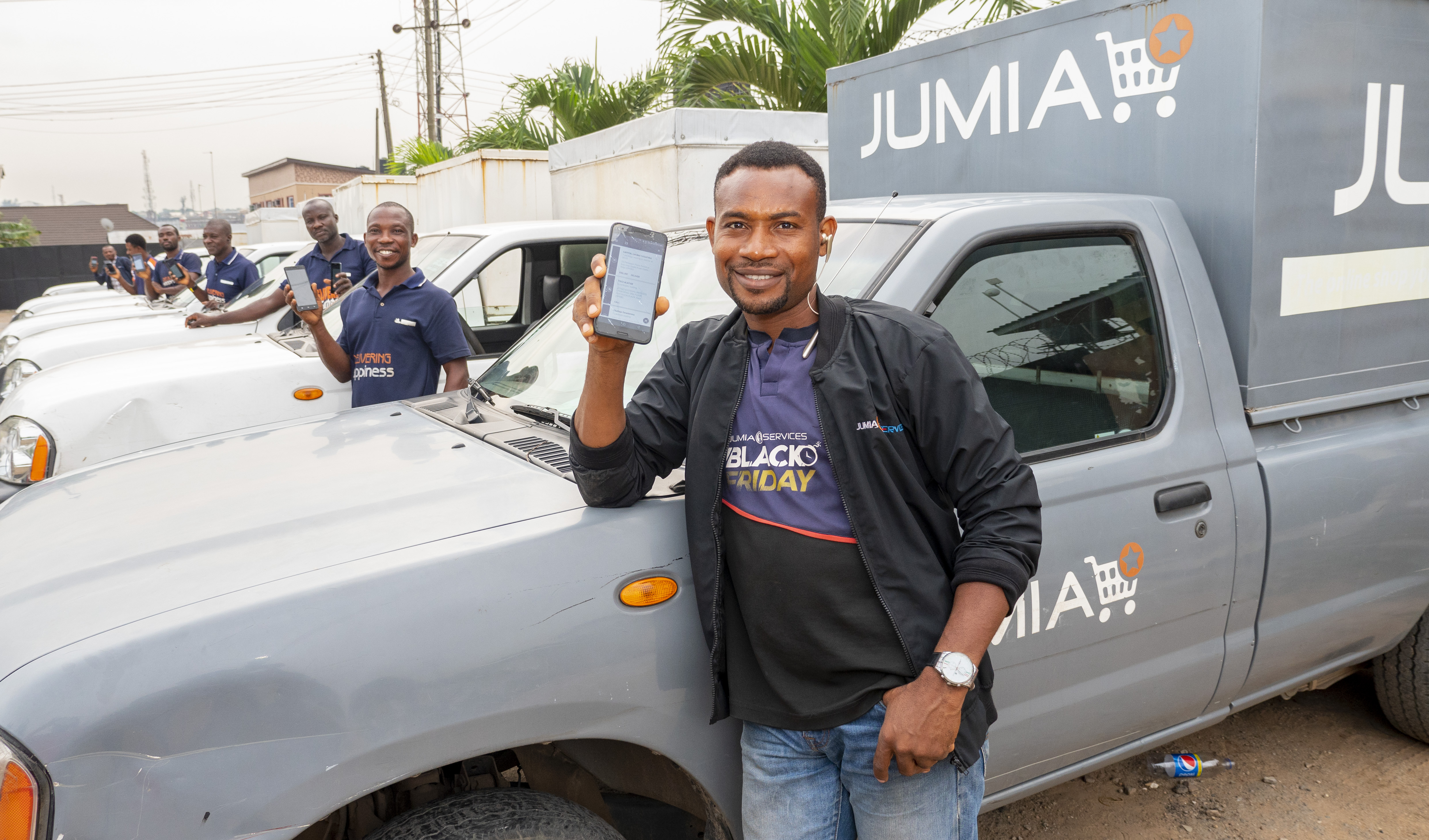Pan-African e-commerce company Jumia is adapting its digital retail network to curb the spread of COVID-19.
The Nigeria headquartered operation — with online goods and services verticals in 11 African countries — announced a series of measures on Friday. Jumia will donate certified face masks to health ministries in Kenya, Ivory Coast, Morocco, Nigeria and Uganda, drawing on its supply networks outside Africa.
The company has offered African governments use of of its last mile delivery network for distribution of supplies to healthcare faculties and workers. Jumia will also reduce fees on its JumiaPay finance product to encourage digital payments over cash, which can be a conduit for the spread of coronavirus.
Governments in Jumia’s operating countries have started to engage the private sector on a possible COVID-19 outbreak on the continent, according to Jumia CEO Sacha Poignonnec.
“I don’t have a crystal ball and no one knows what’s gonna happen,” he told TechCrunch on a call. But in the event the virus spreads rapidly on the continent, Jumia is reviewing additional assets it can offer the public sector. “If governments find it helpful we’re willing to do it,” Poignonnec said.
Africa’s COVID-19 cases by country were in the single digits until recently, but those numbers spiked last week leading the World Health Organization to sound an alarm. “About 10 days ago we had 5 countries affected, now we’ve got 30,” WHO Regional Director Dr Matshidiso Moeti said at a press conference Thursday. “It’s has been an extremely rapid…evolution.”
By the World Health Organization’s latest stats Monday there were 1321 COVID-19 cases in Africa and 34 confirmed deaths related to the virus — up from 463 cases and 10 deaths last Wednesday.

Dr. Moeti noted that many socioeconomic factors in Africa — from housing to access to running water — make common measures to curb COVID-19, such as social-distancing or frequent hand washing, challenging. She went on to explain that the World Health Organization is looking for solutions that are adoptable to the Africa’s circumstances, including working with partners and governments to get sanitizing materials to hospitals and families.
As coronavirus cases and related deaths grow, governments in Africa are responding. South Africa, which has the second-largest number of COVID-19 cases on the continent, declared a national disaster last week, banned public gatherings and announced travel restrictions on the U.S.
Kenya has imposed its own travel and crowd restrictions and the country’s President Uhuru Kenyatta urged citizens and businesses to opt for digital-payments as a safer means for transactions.
Across Africa’s tech ecosystem — which has seen significant growth in startups and now receives $2 billion in VC annually — a number of actors are stepping up.

Image Credit: Jumia
In addition to offering its logistics and supply network, Jumia is collaborating with health ministries in several countries to use its website and mobile platforms to share COVID-19 related public service messages.
Heeding President Kenyatta’s call, last week Kenya’s largest telecom Safaricom waived fess on its M-Pesa mobile-money product (with over 20 million users) to increase digital payments use and lower the risk of spreading the COVID-19 through handling of cash.
Africa’s largest innovation incubator CcHub announced funding and a call for tech projects aimed at reducing COVID-19 and its social and economic impact.
A looming question for Africa’s tech scene is how startups in major markets such as Nigeria, Kenya and South Africa will weather major drops in revenue that could occur from a wider coronavirus outbreak.
Jumia is well capitalized, after going public in a 2019 IPO on the New York stock exchange, but still has losses exceeding its 2019 revenue of €160 million.
On managing business through a possible COVID-19 Africa downturn, “We’re very long-term oriented so it’s about doing what’s right with the governments and thinking about how we can help,” said Jumia’s CEO Sacha Poignonnec.
“Revenue wise, it’s really to early to tell. We do believe that e-commerce in Africa is a trend that goes beyond this particular situation.”
from TechCrunch https://ift.tt/2WDugFQ

Comments
Post a Comment